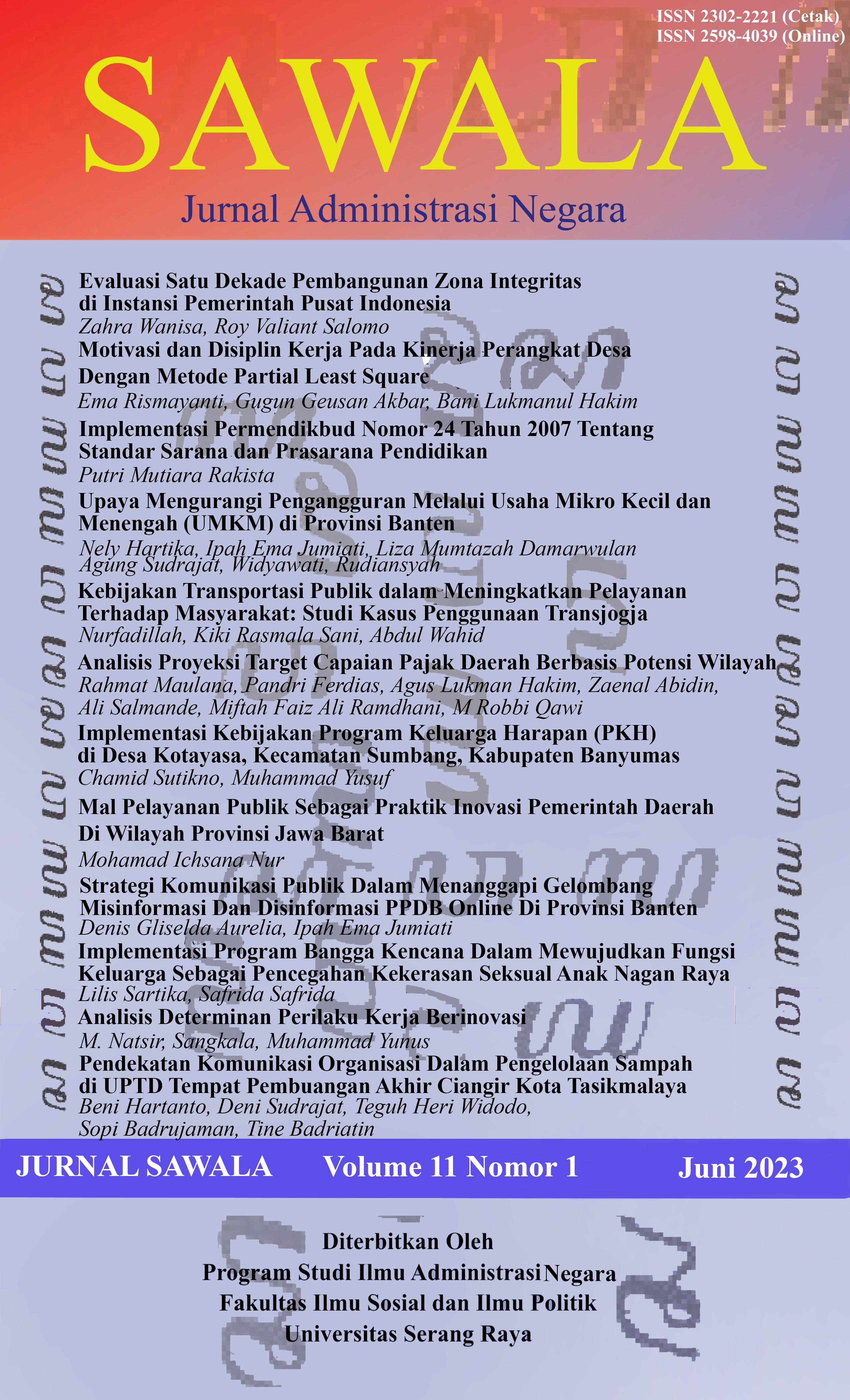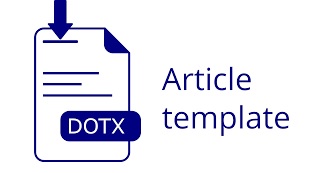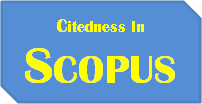Analisis Determinan Perilaku Kerja Berinovasi
DOI:
https://doi.org/10.30656/sawala.v11i1.6113Keywords:
Knowledge, Collecting, Donating, MakassarAbstract
Knowledge collecting and donating can change old ideas about human resource management by providing new processes, disciplines and knowledge, resulting in organizational innovation, especially innovative work behavior. This study aims to examine the effect of knowledge collecting and donating on innovative work behavior. Quantitative methods are used to test knowledge collecting and donating on innovative work behavior. The research location is at Hasanuddin University, Makassar City. The population in this study were all employees at the Hasanuddin University Finance Bureau with status as state civil servants as many as 44 people. Withdrawal of the number of samples in this study using saturated sampling. Primary data collection by distributing questionnaires. The data analysis technique uses multiple linear regression analysis. The results showed that knowledge collecting and knowledge donating had a positive and significant effect both partially and simultaneously on innovative work behavior.
References
Afsar, B., Masood, M., & Umrani, W. A. (2019). The role of job crafting and knowledge sharing on the effect of transformational leadership on innovative work behavior. Personnel Review, 48(5), 1186–1208. https://doi.org/10.1108/PR-04-2018-0133
Akhavan, P., Hosseini, S. M., Abbasi, M., & Manteghi, M. (2015). Knowledge-sharing determinants, behaviors, and innovative work behaviors. Aslib Journal of Information Management, 67(5), 562–591. https://doi.org/10.1108/AJIM-02-2015-0018
Akram, T., Lei, S., Haider, M. J., & Hussain, S. T. (2020b). The impact of organizational justice on employee innovative work behavior: Mediating role of knowledge sharing. Journal of Innovation and Knowledge, 5(2), 117–129. https://doi.org/10.1016/j.jik.2019.10.001
de Jong, J., & den Hartog, D. (2010). Measuring innovative work behaviour. Creativity and Innovation Management, 19(1), 23–36. https://doi.org/10.1111/j.1467-8691.2010.00547.x
Johannessen, Jon-Arild., Olsen, Bjørn, & Olaisen, Johan. (1999). Aspects of innovation theory based on knowledge-management. International Journal of Information Management, 19(2), 0–139. doi:10.1016/s0268-4012(99)00004-3
Kmieciak, R. (2021). Trust, knowledge sharing, and innovative work behavior: empirical evidence from Poland. European Journal of Innovation Management, 24(5), 1832–1859. https://doi.org/10.1108/EJIM-04-2020-0134
Lukman. (2017). Pengaruh Kecerdasan Emosional Terhadap Kinerja Tim Melalui Berbagi Pengetahuan, Konflik Tim dan Mekanisme Struktur di Rumah Sakit. Disertasi. Universitas Hasanudidn.
Malik, S. (2021). Emotional intelligence and innovative work behaviour in knowledge-intensive organizations: how tacit knowledge sharing acts as a mediator? VINE Journal of Information and Knowledge Management Systems, ahead-of-print(ahead-of-print). https://doi.org/10.1108/VJIKMS-09-2020-0158
Mulyana., Assegaff, M., & Wasitowati. (2015). Pengaruh Knowledge Donating dan Knowledge Collecting terhadap Innovation Capability Kasus Pengembangan UKM Batik di Provinsi Jawa Tengah-Indonesia. Jurnal Manajemen Teknologi, 14(3).
Munir, R., & Beh, L.-S. (2020). Measuring and enhancing organisational creative climate, knowledge sharing, and innovative work behavior in startups development. The Bottom Line, 32(4), 269–289. https://doi.org/10.1108/BL-03-2019-0076
Na-Nan, K., & Arunyaphum, A. (2021). Effect of employees’ work engagement and knowledge sharing as mediators of empowering leadership and innovative work behaviour. Industrial and Commercial Training, 53(4), 313–330. https://doi.org/10.1108/ICT-08-2020-0100
Phung, V. D., Hawryszkiewycz, I., & Chandran, D. (2019). How knowledge sharing leads to innovative work behaviour. Journal of Systems and Information Technology, 21(3), 277–303. https://doi.org/10.1108/JSIT-11-2018-0148
Pian, Q. Y., Jin, H., & Li, H. (2019). Linking knowledge sharing to innovative behavior: the moderating role of collectivism. Journal of Knowledge Management, 23(8), 1652–1672. https://doi.org/10.1108/JKM-12-2018-0753
Vandavasi, R. K. K., McConville, D. C., Uen, J.-F., & Yepuru, P. (2020). Knowledge sharing, shared leadership and innovative behaviour: a cross-level analysis. International Journal of Manpower, 41(8), 1221–1233. https://doi.org/10.1108/IJM-04-2019-0180
Wang, Z., Ren, S., Chadee, D., Liu, M., & Cai, S. (2021). Team reflexivity and employee innovative behavior: the mediating role of knowledge sharing and moderating role of leadership. Journal of Knowledge Management, 25(6), 1619–1639. https://doi.org/10.1108/JKM-09-2020-0683
Wang, Z., & Wang, N. (2012). Knowledge sharing, innovation and firm performance. Experct systems with applications, 39 8899-8908. http://dx.doi.org/10.1016/j.eswa.2012.02.017









